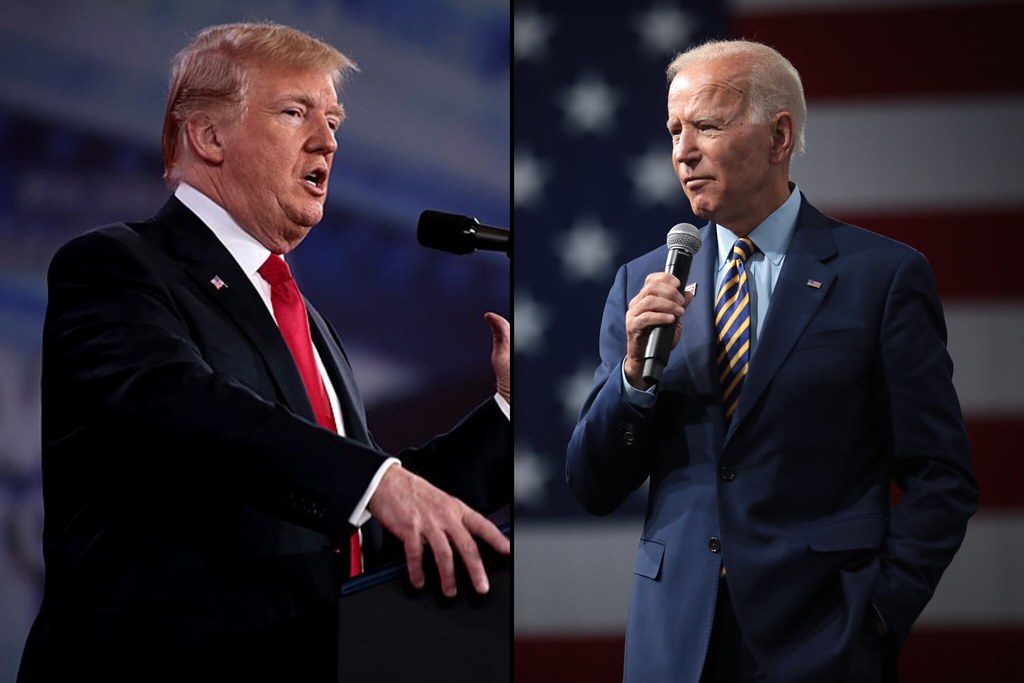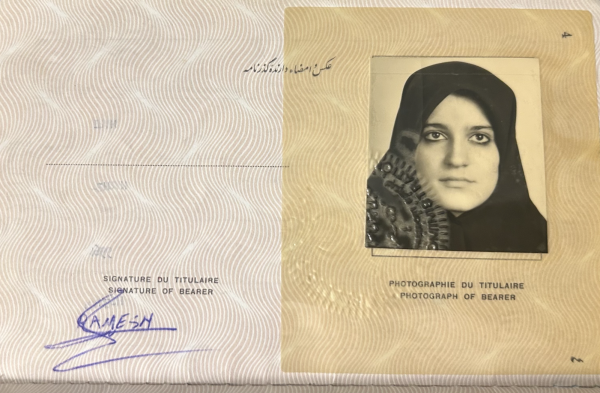Opinion: Peace deals endanger Israel’s security
November 6, 2020
President Donald Trump held a ceremony to honor Israel’s diplomatic agreements with the United Arab Emirates (UAE) and Bahrain called the Abraham Accords. In addition to the Abraham Accords, Israel signed a peace deal with Sudan more recently. The Abraham Accords deal allows for tourism and trade between the three countries as well as military collaboration, including in defense against Iran. The deal with Sudan also promotes balance in the Middle East and helps reduce Iran’s influence.
These deals appear to be a win-win for Israel and the three Arab countries economically, diplomatically and militarily. However, there are potential dangers within these deals which might threaten Israel’s security and the greater Middle East.
The Abraham Accords documents were signed on Sept. 15 at the White House ceremony by UAE Foreign Minister Abdullah bin Zayed Al Nahyan and Bahrain Foreign Minister Abdullatif bin Rashid Al Zayani. The deal was also signed by Israeli Prime Minister Benjamin Netanyahu, representing the largest peace deal Israel has signed since Jordan’s 1994 treaty with Israel.
The symbolic title of Abraham Accords represented the ties of Abraham in both the Jewish, Christian and Islamic bibles and the major disapproval of terrorism in the three countries.
Economically, these agreements are a success. With the installment of the deal, Israelis can now travel to the UAE and Bahrain, and vice versa, meaning that there will be a major increase in tourism for the three countries. In addition, businesses in Israel will be able to trade with both countries.
Militarily, this deal promotes collaboration in technological development and defense against Iran, a major threat in the Middle East. Iran has supported numerous terrorist groups and has pursued a nuclear program. By signing this deal, these three countries are uniting to counter and defend against Iran’s threatening motives. This deal also suspended annexation of the West Bank.
However, in order to facilitate this deal, America is expected to sell advanced F-35 fighter jets to the UAE. Currently, Israel is the only country in the Middle East with F-35 fighter jets, which are one of the most advanced aircrafts in the world. This sale threatens Israel’s Qualitative Military Edge (QME) over the rest of the Middle East. The QME essentially means that with strong support from the U.S., Israel will have a technological and tactical advantage over its Arab neighbors. Preserving Israel’s QME has been a tradition since the presidency of Lyndon Johnson.
On the surface, this may not seem significant because the overarching ideas of the deal ensure peace between the three countries, but considering the rocky relationship that Israel has had with the UAE in the past, this move could threaten the safety of Israel and the rest of the Middle East.
On Oct. 23, Trump announced that Sudan was the third country to normalize relations with Israel during the Trump administration.
By signing a separate deal with Israel, Sudan joined the UAE and Bahrain in recognizing Israel as a state, and will now also allow diplomatic and economic relations with Israel. The conditions of the deal were similar to those of the Abraham Accords, and was a precondition for the U.S. removing Sudan from the list of states they consider sponsors of terrorism. In order to make this happen, Sudan agreed to pay $335 million for compensation to U.S. victims of past terrorist attacks, following several years of talks between political leaders in Washington, D.C. and Khartoum, Sudan.
While the Sudan deal is also a welcomed development for Israel, it also comes with its own risks. Sudan is a volatile country, with a fragile government. In the past, it has been exploited by terrorists as a smuggling route for Hamas, with weapons going from Sudan into Gaza to attack Israel. The Israel-Sudan deal is likely unpopular with the public in Sudan, and it could destabilize Sudan’s transitional government. If that happens, Sudan once again could be a smuggler’s paradise.
Like the F-35 sale, this is speculation, but the potential risks that threaten Israeli security of these deals far outweigh the benefits of these deals.













